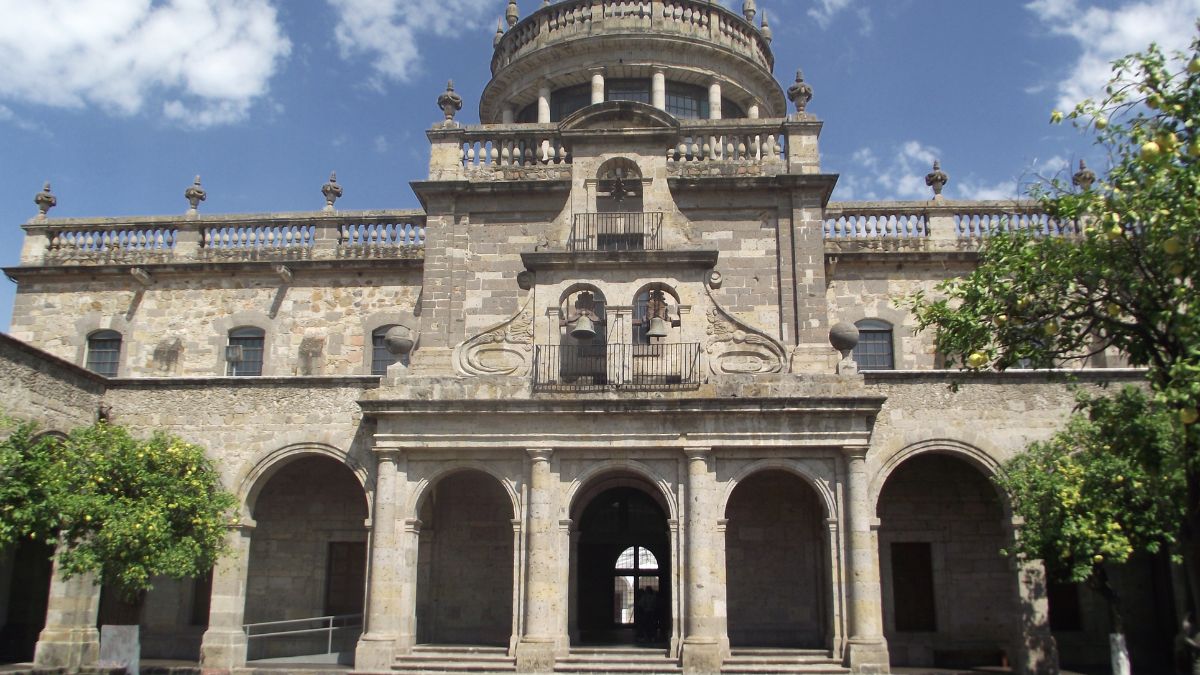Kalidasa (Classical Sanskrit Literature)
Kalidasa (Classical Sanskrit Literature)
The Mexican Empire and the Rule of Maximilian I

The Mexican Empire and the Rule of Maximilian I
In the annals of history, there lies a tale so rich and so dramatic that it could only belong to the realm of novels and epic sagas. This is the story of the Mexican Empire and the rule of Maximilian I, a narrative that unfolds with the splendor of a grand opera, set against the backdrop of political intrigue, imperial ambition, and the unyielding spirit of a nation striving for identity.
Once upon a time, amidst the turbulent waves of the 19th century, a dream of monarchy was conceived for Mexico, a land vibrant with the hues of its diverse cultures, yet shadowed by the tumults of political instability. Into this world stepped Maximilian I, an Austrian archduke, whose destiny was to wear the crown of an empire across the ocean. His arrival in Mexico was nothing short of a fairy tale, orchestrated by the powers of the Old World, notably Napoleon III of France, who sought to extend his influence into the New World.
Maximilian, with his idealistic visions and European sensibilities, was awe-struck by the beauty and potential of Mexico. He dreamt of a realm where equality would flourish, and culture would thrive under the banner of progress and enlightenment. With his beloved wife Carlota by his side, Maximilian embarked on a journey to transform Mexico into a modern empire, replete with European-style reforms, including land distribution and educational initiatives. The grandeur of his vision was matched only by the magnificence of his court in Mexico City, which became a beacon of arts and sciences, attracting intellectuals and artists from across the globe.
Yet, for all its initial splendor, Maximilian’s empire was built on a foundation as fragile as the dreams that spawned it. The reality of Mexico’s political landscape was a quagmire of factionalism and resistance. The liberal forces led by Benito Juárez, a figure of stoic resilience and unwavering patriotism, opposed the very concept of monarchy, viewing Maximilian’s rule as a foreign imposition on Mexico’s sovereignty. The country was thus split, caught in the crossfire of ideologies, with Maximilian’s idealistic reforms clashing against the harsh realities of guerrilla warfare and nationalistic fervor.
The drama of Maximilian’s reign reached its climax in a series of tragic events that would seal the fate of the Mexican Empire. Carlota, driven to desperation by the empire’s faltering fortunes, embarked on a futile quest to Europe, seeking aid that would never come. Maximilian, increasingly isolated yet steadfast in his commitment to his adopted country, faced the inevitable with a dignity that belied his doomed predicament. His capture and subsequent execution by a Juárez-led firing squad in the Cerro de las Campanas was a finale as heartrending as it was inevitable, marking the end of the Mexican Empire and the dream it represented.
Yet, in the annals of history, the tale of Maximilian and his Mexican Empire endures, not merely as a footnote of failed imperialism but as a testament to the complexities of nation-building and the universal quest for identity. Maximilian’s reign, though ephemeral, was a spectacle of ambition and tragedy, a mirror reflecting the timeless struggle between ideals and reality, sovereignty, and foreign intervention. In the story of Maximilian I and the Mexican Empire, we find not just the echoes of a bygone era, but a narrative that resonates with the awe-inspiring reminder of history’s power to inspire, to caution, and to captivate.